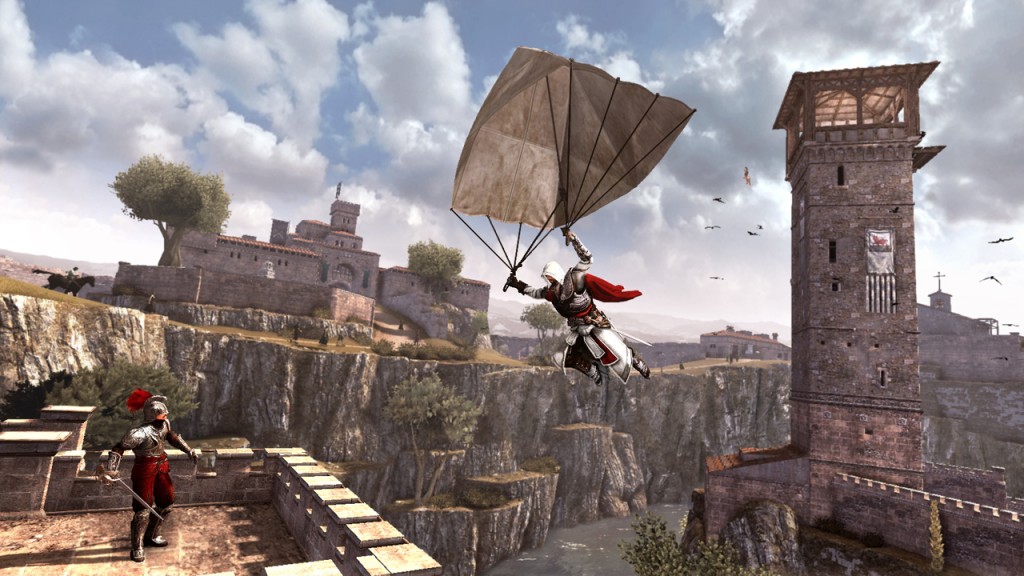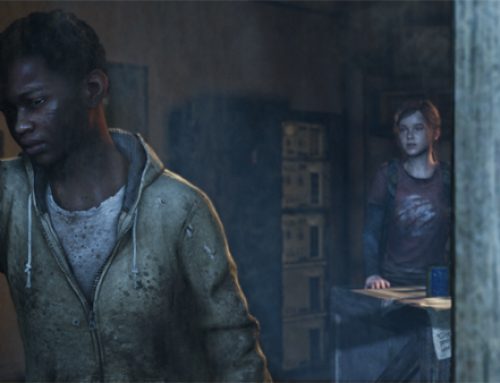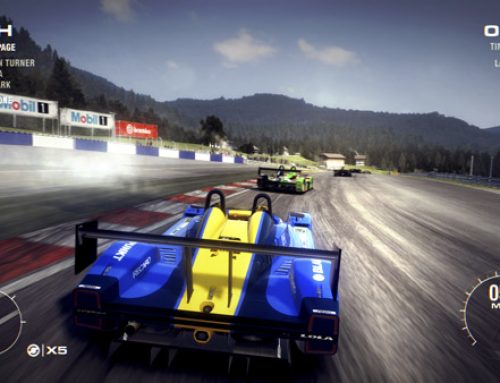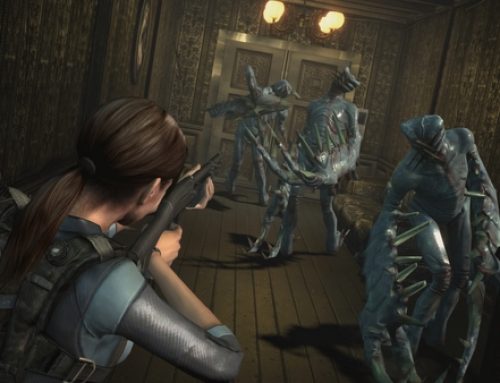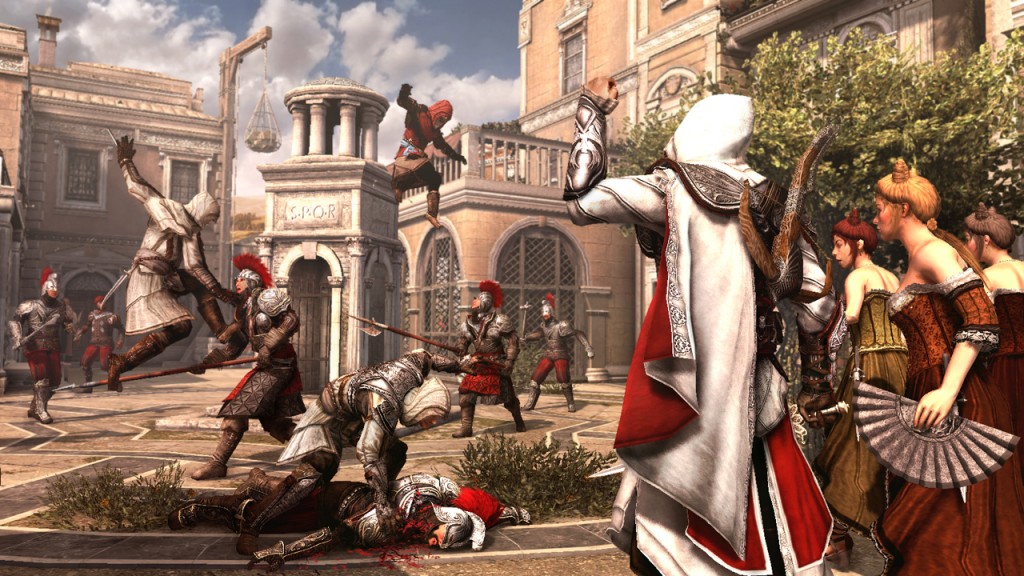
In "Assassin's Creed: Brotherhood," you'll have the opportunity to recruit assassins, whom you can call upon for aid when you get into a tight spot.
When “Assassin’s Creed II” (rated M, $30 on PC, Xbox 360 or PlayStation 3) showed up on a lot of Game of the Year and runner-up lists last year, I regretted the scant attention I’d paid to the series since it debuted in 2007. Though I’d picked up both the first game and its sequel, I’d barely played the series. The second game, tragically, remains unplayed.
But when the chance came along to try out “Assassin’s Creed: Brotherhood,” the third game in the series, before it releases Nov. 16, I jumped. Going in, I worried a bit about how “Brotherhood” played for an “Assassin’s Creed” novice, so after refamiliarizing myself with the series’ novel, puppet-style controls, I headed to downtown San Francisco to check out “Brotherhood.”
If, like me, you missed previous games in the series because they released in the fall, alongside about a zillion other games you want to play, Ubisoft has you covered for “Brotherhood.” Too often, you’ll boot up the latest installment of a popular gaming franchise and are given no clue as to what came before. “Assassin’s Creed: Brotherhood” starts off with a short intro video that quickly summarizes the events of the first two games and brings players up to speed on the series’ unusual blend of sci-fi and historical fiction. Quick note to game developers: Every sequel needs this.
For those familiar with the ending of “Assassin’s Creed II,” “Brotherhood” picks up right where that game left off, with Renaissance-era assassin Ezio inside the Vatican and needing to escape, after having just seen a cryptic message.
The early tutorial level I played had Ezio escaping to his villa in the Italian countryside, before said villa was besieged. During this portion of the game, a focal point of E3 previews, Ezio essentially has to run around the villa, fighting off enemies and buying time for everyone to escape. This level served a dual purpose: It took Ezio down several pegs in standing, and it set the stage for his journey to Rome.
Shortly after that, I was reintroduced to Desmond, the modern-day guy who serves as the storytelling vehicle for the first game, set during the Crusades, and the later two, set during the Renaissance. Desmond relives the memories of his ancestors by being strapped into a device called the Animus. When we meet up with him, he and Lucy, a recurring character voiced by Kristen Bell, are on the run and trying to find a way into the same estate we saw besieged hundreds of years earlier.
I took over play as Desmond, as Lucy and I tried running, jumping and climbing our way into Ezio’s estate. Maybe it’s because Desmond is voiced by ubiquitous actor Nolan North, but this portion of the game felt a lot like playing “Uncharted 2: Among Thieves,” a game in which North also stars. Both games have players navigating through ancient ruins, playfully bantering with a lovely lady. As in “Uncharted 2,” you’ll be climbing around, boosting each other up to ledges or flipping switches, basically playing a co-op game with a computer-controlled woman.
After playing through the Desmond bits, I caught up with Ezio again on his way to Rome. It was here I got a bit of a chance to explore and encountered perhaps “Assassin’s Creed: Brotherhood’s” coolest feature: historical context. (It’s entirely possible this feature is in the other two “AC” games, though I don’t remember it from the first one.) As I explored, I unlocked new informational entries that could be accessed through the game’s menus, filling me in on all sorts of details about the setting. I learned, for example, that the odd, crow’s beak-style masks the game’s doctors wear are modeled after actual masks worn by physicians during the Black Plague. I love it when games teach me stuff.
Not long after this, Ubisoft staffers pushed me forward in the story, to the fifth sequence, or chapter. Here, I had this huge quadrant of Rome to explore, and it very much played like an open-world game. I could perform a number of different types of missions, such as recruiting assassins who could fight alongside me or be dispatched for training or other work.
I opted for what I think was a core story mission, in which I had to try to track down a source of funds for one of Ezio’s enemies. For the most part, the mission consisted of lots of stealthy tailing as I jumped along rooftops and silently dispatched guards. The task took a bit of a turn for the tedious when I infiltrated a cathedral, disguised myself as a guard an insinuated myself as the guy in charge of delivering a giant stash of money to its eventual source.
Here, the mission turned into what amounted to a long game of hot-and-cold, as I essentially had to guess the correct route to drop off the money, listening to auditory cues from my fellow guards. Whenever I started to steer Ezio in the wrong direction, they’d ask me where the heck I was going. It was easily the most irritating stretch I’ve played of a game in ages, but compared to literally everything else I encountered, it was but a trifle. I still passed the mission on the first try and quickly moved on.
What I saw of “Assassin’s Creed: Brotherhood” was enough to get me excited to play the game when it hits in mid-November. My one reservation at this point was that the build I played, which I was told did not reflect the current state of the game, was somewhat buggy. I managed to crash the Xbox 360 I was playing on twice, once while simply looking at the game map in the menus. I was also advised to steer clear of a couple parts of the map.
Normally, bugs in in-development games are to be expected, so this in and of itself is probably no big deal. But it is worth mentioning that “Brotherhood” is coming out just one year after “ACII,” which had a two-year development cycle. It’s likely the development crunch for this game was intense, especially considering that “Brotherhood” is the first title in the series to include online multiplayer.
Despite the crashes, most of what I played of the game felt well-executed, particularly Ezio’s rooftop running and platform-jumping bits with Desmond. Gamers concerned about bugs might want to keep an eye on a couple of early reviews, but I’d expect that if Ubisoft truly had a buggy game on its hands, they’d just push “Brotherhood” back a couple of months and release it in the spring.

